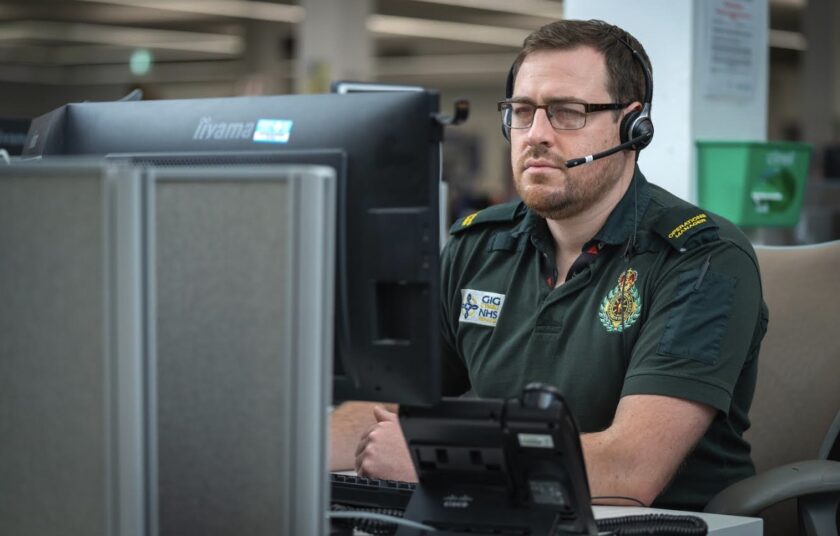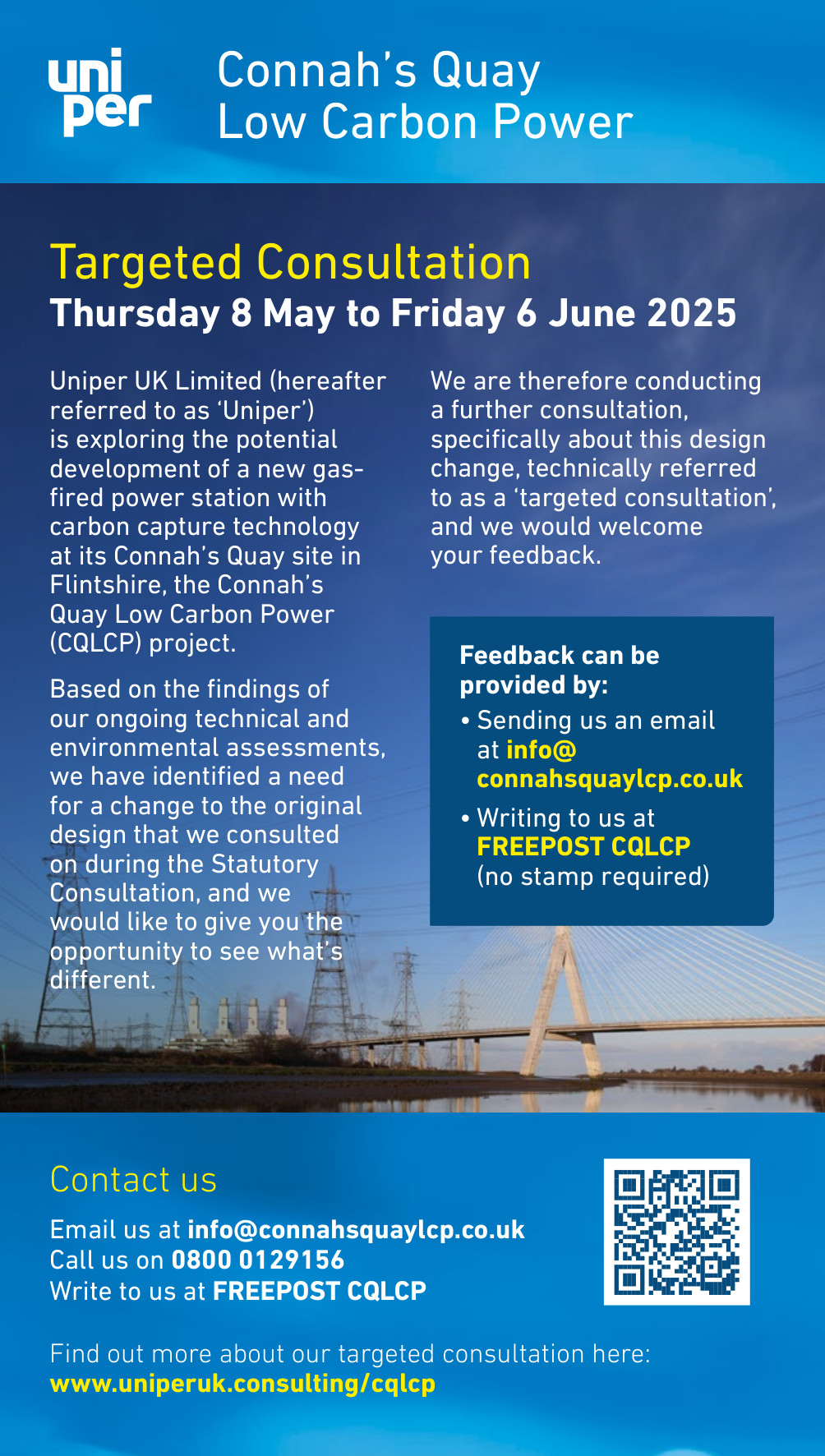Welsh Ambulance Service introduces rapid clinical screening for 999 calls

The Welsh Ambulance Service has implemented a new triage system to enhance care for 999 callers and deliver a safer, more efficient service.
Paramedics and nurses, referred to as clinical navigators, will now conduct rapid clinical reviews of most 999 calls from the Trust’s control centres in St Asaph, Carmarthen, and Cwmbran. This approach ensures that patients receive the most appropriate response, whether it’s an emergency ambulance or alternative care.
Prioritising urgent needs
Patients in life-threatening situations will continue to receive an immediate ambulance response with lights and sirens. For non-urgent cases, clinical navigators will carry out further assessments to determine the best course of action, which could include advice over the phone or dispatching paramedics with specific expertise.
Pete Brown, Assistant Director of Operations at the Welsh Ambulance Service, said the initiative is crucial as the NHS grapples with increased demand during the winter months.
“Winter is a busy time for the NHS, with seasonal illnesses and cold weather putting more pressure on an already overstretched system,” he said.
“Rapid clinical screening enables highly skilled paramedics and nurses to apply their critical thinking in a control room environment in a brand new ‘clinical navigator’ role, ensuring that those in most urgent need of help, get it.”
Continuous assessment for safer care
The system also allows clinical navigators to observe 999 calls in real time, assisting call handlers by prompting additional questions and staying on the line to ensure a safe decision is made.
Greg Lloyd, Assistant Director of Clinical Delivery, explained:
“After the initial interaction with a non-clinical 999 call handler, getting an experienced clinician involved in the decision-making process is the most effective way of ensuring patients get the right care according to their needs.
“This continuous assessment will lead to better patient outcomes, as well as a much safer service, and all with a view to ensuring patients get the right care or advice, in the right place, first time.”
Winter innovations in care
The rapid clinical screening initiative is one of several measures being trialled by the Welsh Ambulance Service this winter to improve patient safety and quality of care.
In south Wales, the Trust’s dedicated Mental Health Response Vehicle is providing specialised support for people in a mental health crisis, reducing unnecessary hospital admissions.
Additionally, the service is training Community Welfare Responders to attend suitable 999 calls in their local area. These responders take initial observations to assist clinicians in determining the next steps for care.
Rachel Marsh, Executive Director of Strategy, Planning and Performance, said feedback from patients and staff will play a crucial role in assessing the success of these trials.
“At the end of winter, we’ll look at how these changes have gone,” she said.
“Key to the evolution of our response model will be feedback from patients, staff and other stakeholders, and we’ll be listening to feedback in earnest to ensure our services better meet the needs of the people of Wales, now and in the future.”
With these innovative changes, the Welsh Ambulance Service aims to deliver timely, effective care while alleviating pressure on emergency responders during one of the busiest periods of the year.










